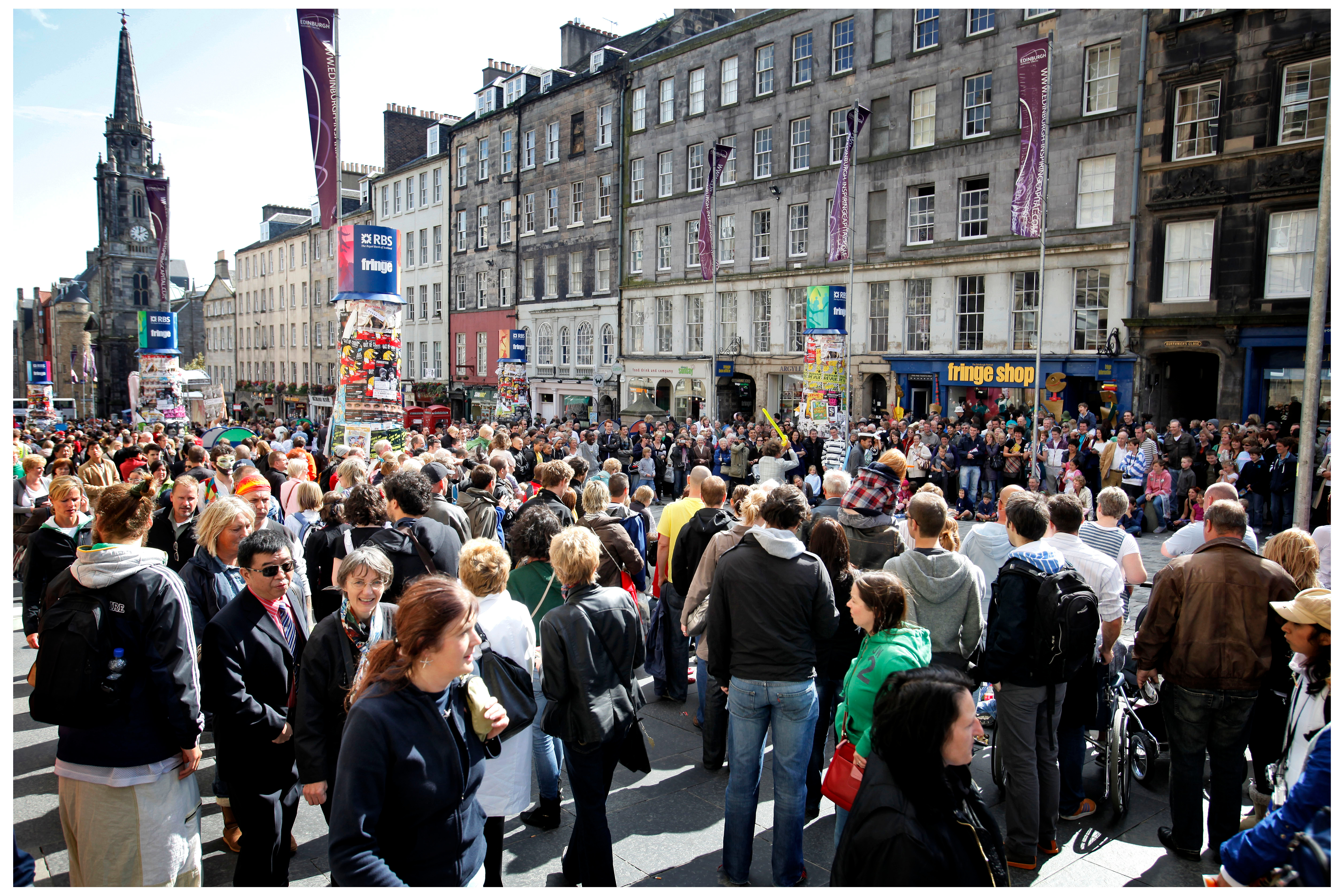Tag: 2019
We asked Student Ambassador Alfie for his thoughts on what it’s like working whilst studying. My first piece of advice for any students looking for a job in term-time would be to make sure you read the job advert closely. If you don’t, you may end up like me. Not that that’s a bad thing. […]
One of our Student Ambassadors, Kate, tells us why she was interested in the role. New beginnings are some of the most exciting experiences of our lives. For me, the most exciting new beginning was when I uprooted myself from Lancashire in the North West of England and came to Edinburgh alone to begin my […]
One of our students, Sarah, gives us the lowdown on surviving exams. As a student, exams are inevitable: some courses only require in-term coursework, but most have a final exam to test your learning through the semester. As a fourth year I’ve gone through many exams and have developed my ideal system for dealing with […]
Student Ambassador reports back from presenting her paper. In late February 2020, I was very fortunate to have the opportunity to present a paper at ‘From Margins to Centre? An Undergraduate Conference on BAME, LGBTQ+, Women’s and Disability History’ at The University of York. I had never attended a conference before and had no idea […]
The rules and regs of summer in Edinburgh by Student Ambassador Ruby. I’ve always argued that Edinburgh is a city designed for ‘bad’ weather. The Old Town looks even more Gothic in the gloom, and no student’s Instagram would be complete without a photo of Arthur’s Seat surrounded by atmospheric sea mist called ‘haar’. However, […]
Student Ambassador Scarlett looks back at the things she wished she’d know before starting her studies. With 2 years of university completed, I’ve had a bit of time to reflect on my experience so far. As a History and Politics student I’ve gained several writing, studying, and analytical skills, but there is so much […]
Everything you ever wanted to know about essays but were afraid to ask by Student Ambassador Constance. Essay writing, love it or hate it, it is the metric by which we students are measured. Figuring out your ‘style’ is something of a journey and will inevitably include some painful marks to grow as a writer. […]
All work and no play? Student Ambassador Jack looks at working as a student At times, it can be a tricky balancing act but I’ve benefited greatly from getting a glimpse into the world of work; from stepping into a completely different environment to University study, doing something I enjoy whilst gaining different skills from […]


